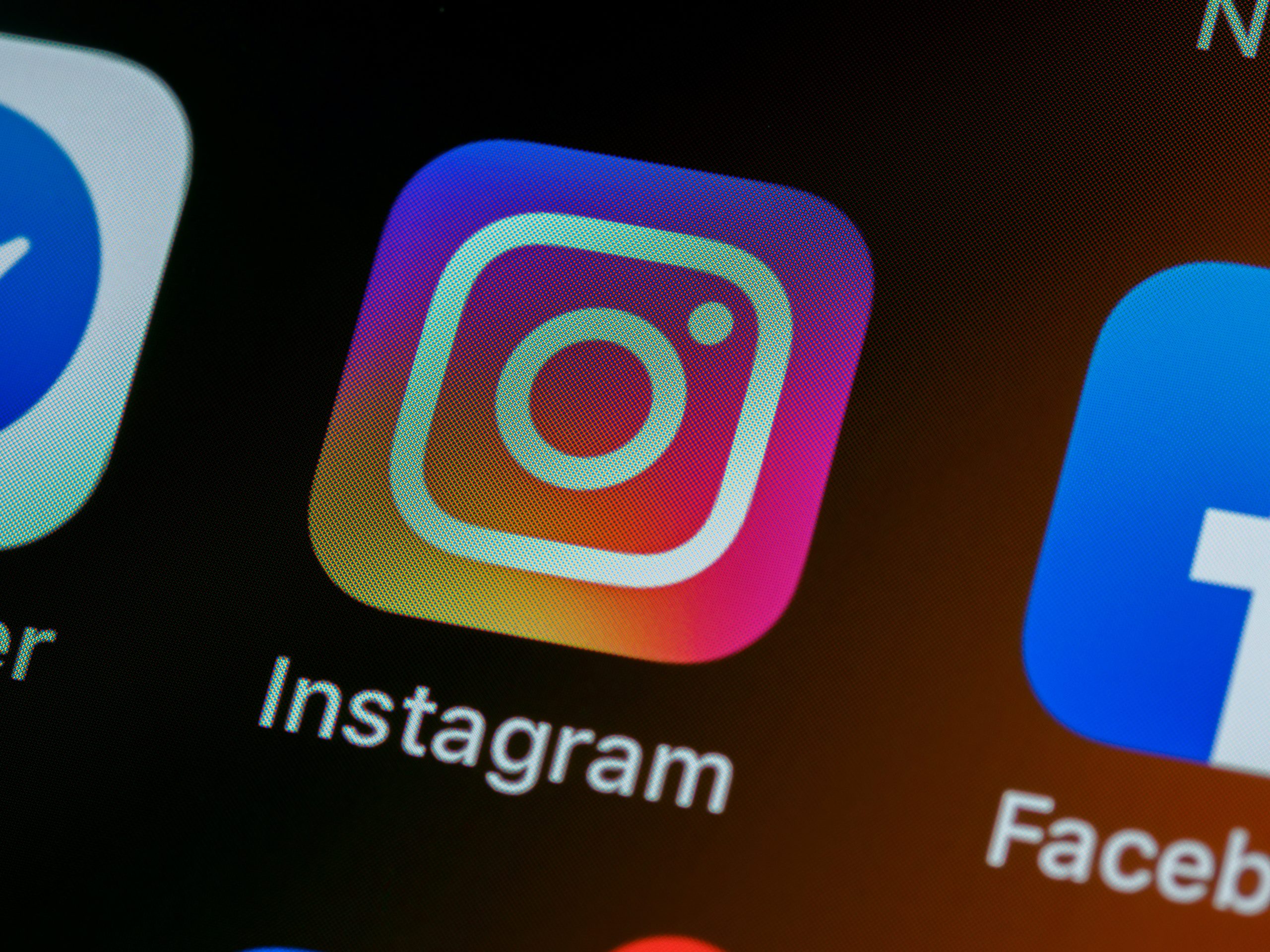By Stephanie English
Photo by Brett Jordan on Unsplash
CW: discussions of race
Social media activism has been on the rise over the past year, becoming a place for a lot of us to share our shock and anger over the state of our current world. My Instagram feed has been filled with infographics o news stories, statistics and injustices occurring around the world, with the question ‘why is no one talking about this?’ a common phrase amongst them. Now more than ever, people are questioning the ignorance of our society and the willing inaction of many, with an abundance of topics being discussed for what some claim is the first time.
People have asked: why is no one talking about Israel and Palestine? Did you know what is happening in Yemen? Myanmar? The internment camps in China? Black Lives Matter? The abuse faced by women across the globe? The anger and frustrations of many have gone viral, at long last. One post about the war in Yemen received 750,000 likes on Instagram, and a video about China’s internment camps received 5.1 million views on twitter. A remarkable aspect of social media is the ability to raise awareness fast; if you have access to the internet and online media sites, then, for many of these issues, having awareness is not the problem. If you are on social media like me, the truth is, you may have been joining in on this ‘activism’, because you feel strongly about the injustices being served around the world, you believe people should be aware of these problems and, in all honesty, you do not want to be seen as doing nothing. However, the risks of performative activism are real and should not be ignored.
If you are on social media, you have probably seen these posts and found yourself shocked by the events happening around the world right now, questioning how long it has been going on and outraged that news channels have not been covering it. However, while this information may be news to some, it has been a long, unravelling reality for many others. The endless list of atrocities happening are more than just social media trends. Of course, sharing an Instagram infographic is better than doing nothing and ignoring the issue. However, asking why no one is paying attention to these issues ignores the fact that many people have been discussing it, often those experiencing it, and trying to do something about it. For people around the world, these shocking statistics of violence, abuse and death are not simply infographics, but the realities of their daily life.
A lot of us have endless amounts of access to information these days, and in so many ways it’s something to be grateful for. We can access a wide variety of news independently, without having to rely on the specific perception that television networks or newspapers provide. However, when I asked several people for their opinions on the matter of infographics, many of them described them as ‘preachy’, ‘patronising’, ‘overwhelming’, and ‘exhausting’. The posts themselves raise questions about how much we are able to digest, not to mention how we are supposed to help every cause. Each time the world seems one step closer to justice, it takes ten steps back. The cycle is endless and tiring, for us, but especially for those on the front line, fighting the battles through more than just a tweet or an Instagram post. Social media has empowered many of us to speak up, to educate ourselves, and to want a part to play in the fight towards a more just society; these things have an enormous impact. But let’s not use it as a way to speak for others or make claims of ignorance, unwillingness or guilt on the part of those who are overwhelmed or trying to learn.
Instead of attempting to know something about everything bad happening in the world – facts, statistics, personal accounts – maybe we need to do more about what we do know. I cannot help but wonder what if this constant process of regurgitating information is actually beneficial. The performative element to these posts should not go unnoticed: sharing a statistic on Twitter is very different from donating to a cause itself; reading up properly on the issue for longer than five minutes is very nothing compared to doing the tough internal work on yourself to evaluate your place in certain systems and multiple different perspectives. On June 2nd 2020, 29 million people posted a black square to their Instagram, in solidarity with the Black Lives Matter movement; the petition to get justice for Breonna Taylor remains very short of this, with 11 million signatures. Therefore, we need to ask ourselves whether we are really trying to help, can we make an impact, and can we be part of the solution? Or are we trying to prove to our followers that not just our clothes but our activism is on trend?
There is no problem with using social media to educate yourself and raise awareness; it can be a valuable tool and bring many of us together to share our views and create a form of solidarity. This past year, it was astounding to see vast amounts of people sharing their support, for Black Lives Matter, for women’s safety, for all the global crises we currently face, sharing experiences, stories, and empathy. Why is no one talking about this? People are. But it is important to remember that the work we all do behind the scenes is the most important thing of all and cannot be replaced by mere ‘talking’.

